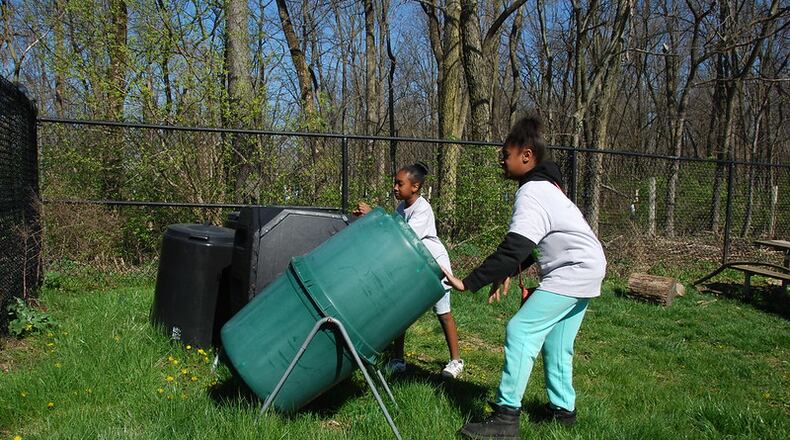Pritchard offers ways to extend Earth Day well beyond a single day.
* Get Outside: Time outdoors connects people to nature and enhances personal and collective well-being. This helps to prioritize environmentally sound decision making.
* Don’t Waste Food: Food production, transportation, retailing, and preparation is all linked to energy use and carbon emissions. Perhaps the single most impactful action people can take is to ensure food is not wasted. Stock up on stable goods and buy fresh/perishable goods as needed to minimize the amount thrown away.
* Eat Sustainably: Eat a plant rich diet, source meats from regenerative, regional farms and purchase sustainably harvested seafood. Unprocessed, organic plant foods require vastly less resources to produce than most animal products. Regenerative farming can raise meat in a manner that traps carbon, and certain fish and shellfish can be raised or harvested with a net ecosystem benefit.
* Avoid Unnecessary Packaging: When possible, bring your own bag, use reusable beverage containers, and buy in bulk rather than individually packaged. Dine-in when possible and choose restaurants that wash dishes.
* Ditch Disposable Cleaning Supplies: Paper towels and rags consume more water and energy to make than washing reusables and require trees or other fiber-based plants to create. Cleaning supplies can’t be recycled. Use and wash cloth towels, rags, and napkins to keep paper products out of the landfill.
* Participate in Commingled Recycling: All communities in Montgomery County have access to curbside, commingled recycling. It’s easy and has the potential to reduce landfill bound waste by more than 30 percent. Rumpke is the regional authority on commingled recycling guidelines so make sure to know the simple rules for getting it right.
* Compost: Almost all organic material can be composted, and while it would be better not to have to dispose of any of it, sometimes its unavoidable. Food scraps, weeds, lawn and garden debris, wood chips, soiled paper products, dryer lint and pet fur are among the common household materials that can be composted and kept out of the landfill. It’s easy and makes a valuable soil amendment for feeding gardens, landscaping, potted plants or even turf.
* Keep a Tight Home Envelope: During heating and cooling season, make sure all windows, doors, and vents are closed and sealed to prevent air leaks. Air seal attic and wall penetrations and make sure gaskets are intact around doors and windows.
* Minimize Hot Water Use: Take shorter showers, use a dishwasher instead of hand washing, only run full loads of laundry, and use cold water (or no water) for cleaning when possible. Keep water heaters set to 120 degrees or below and consider an efficient heat pump or on-demand system when it’s time to replace.
* Reduce Drive Time: Walk or ride a bicycle when it’s a feasible option. It’s good for your health and reduces carbon footprint. Plan daily driving routes to minimize trips and distances. Talk to friends, family and coworkers about organizing carpooling when possible.
About the Author

